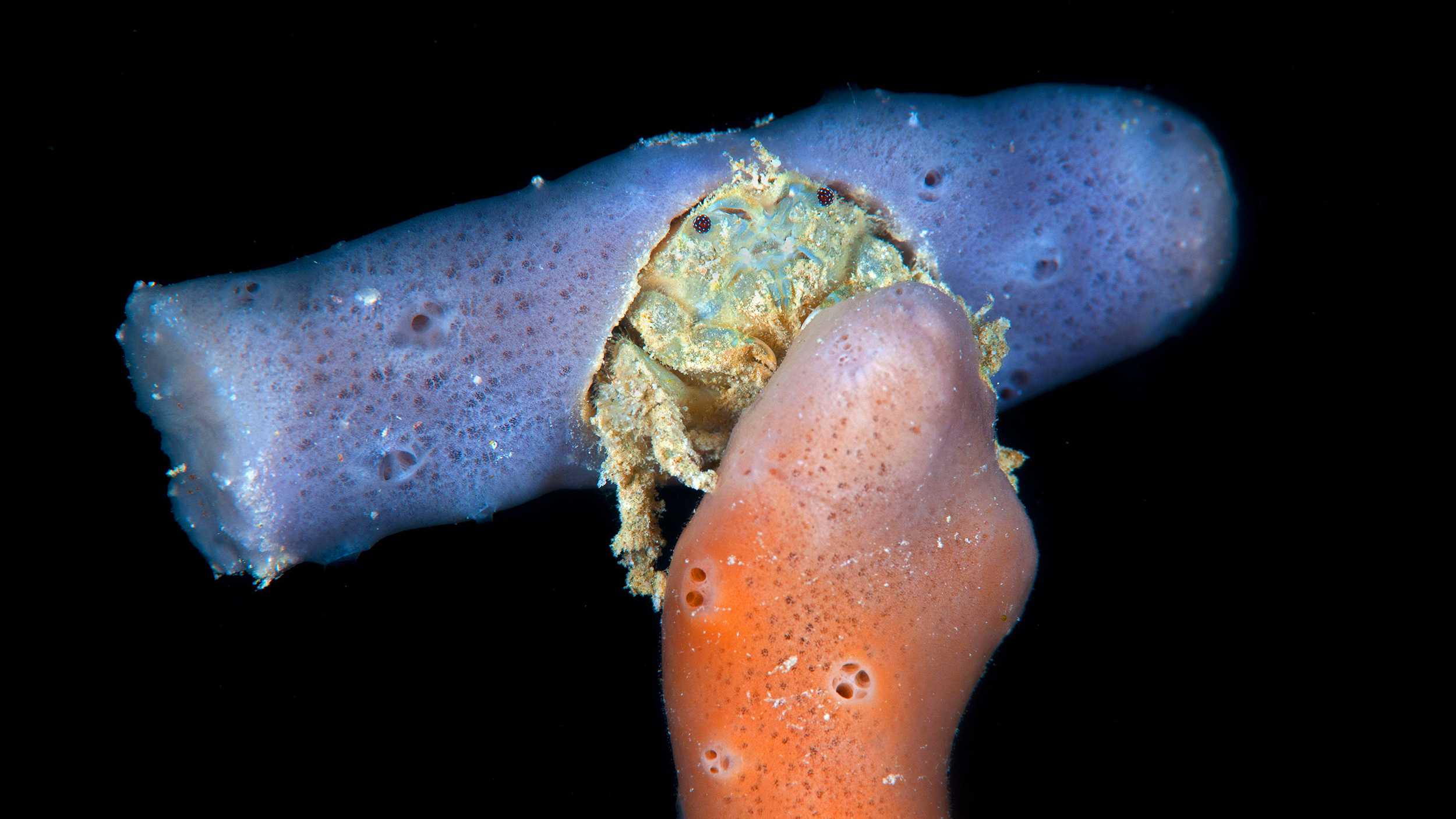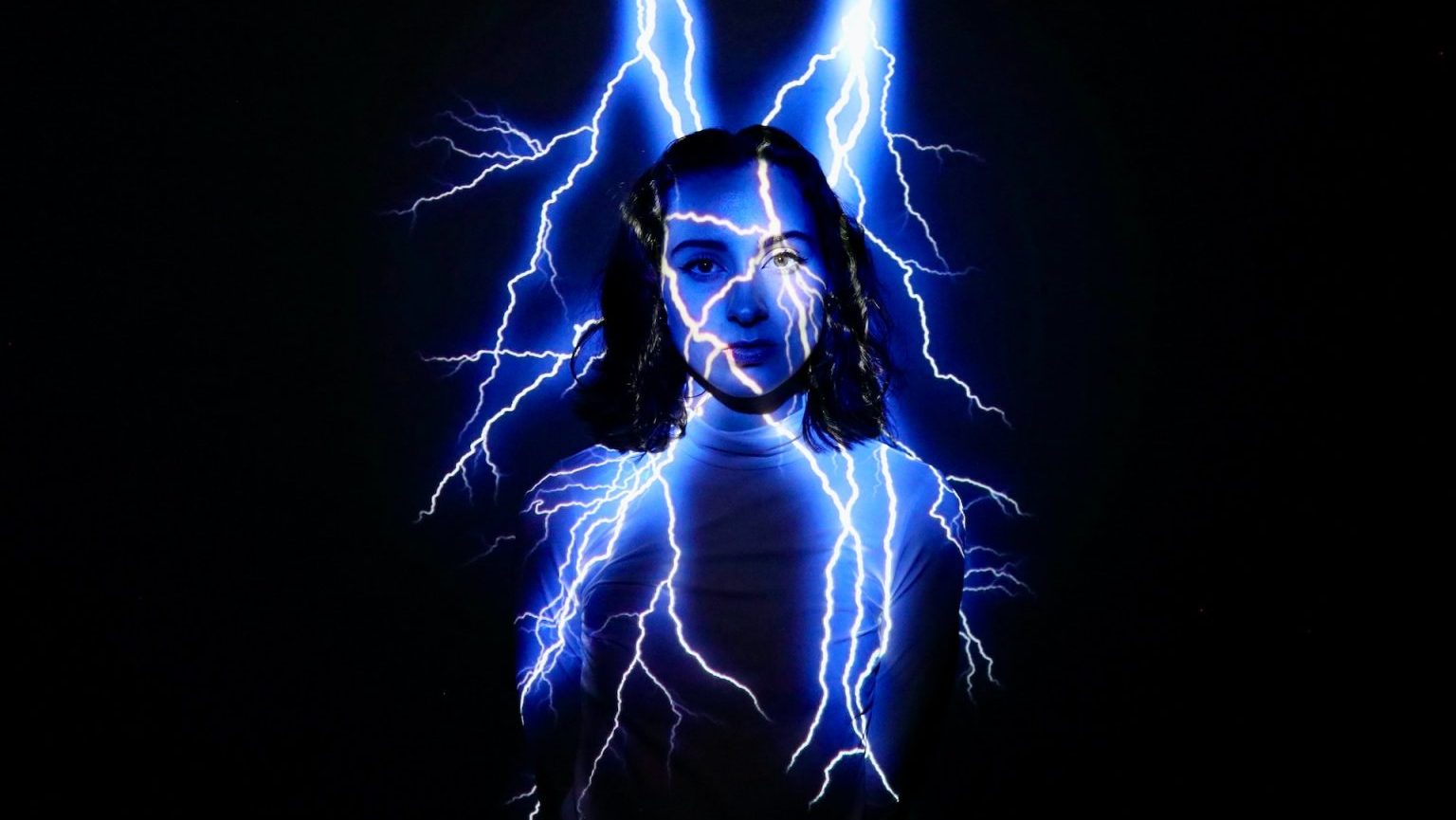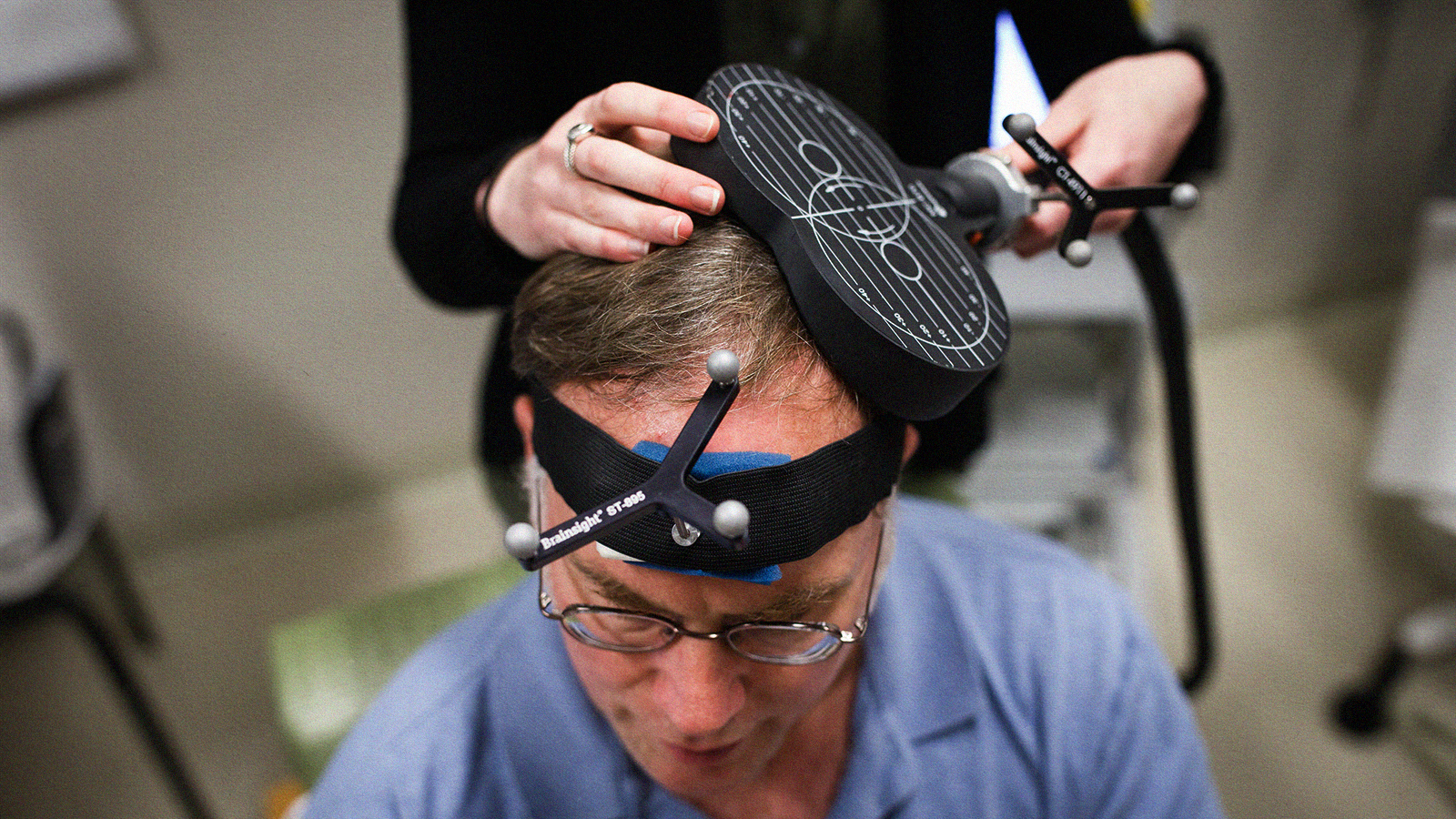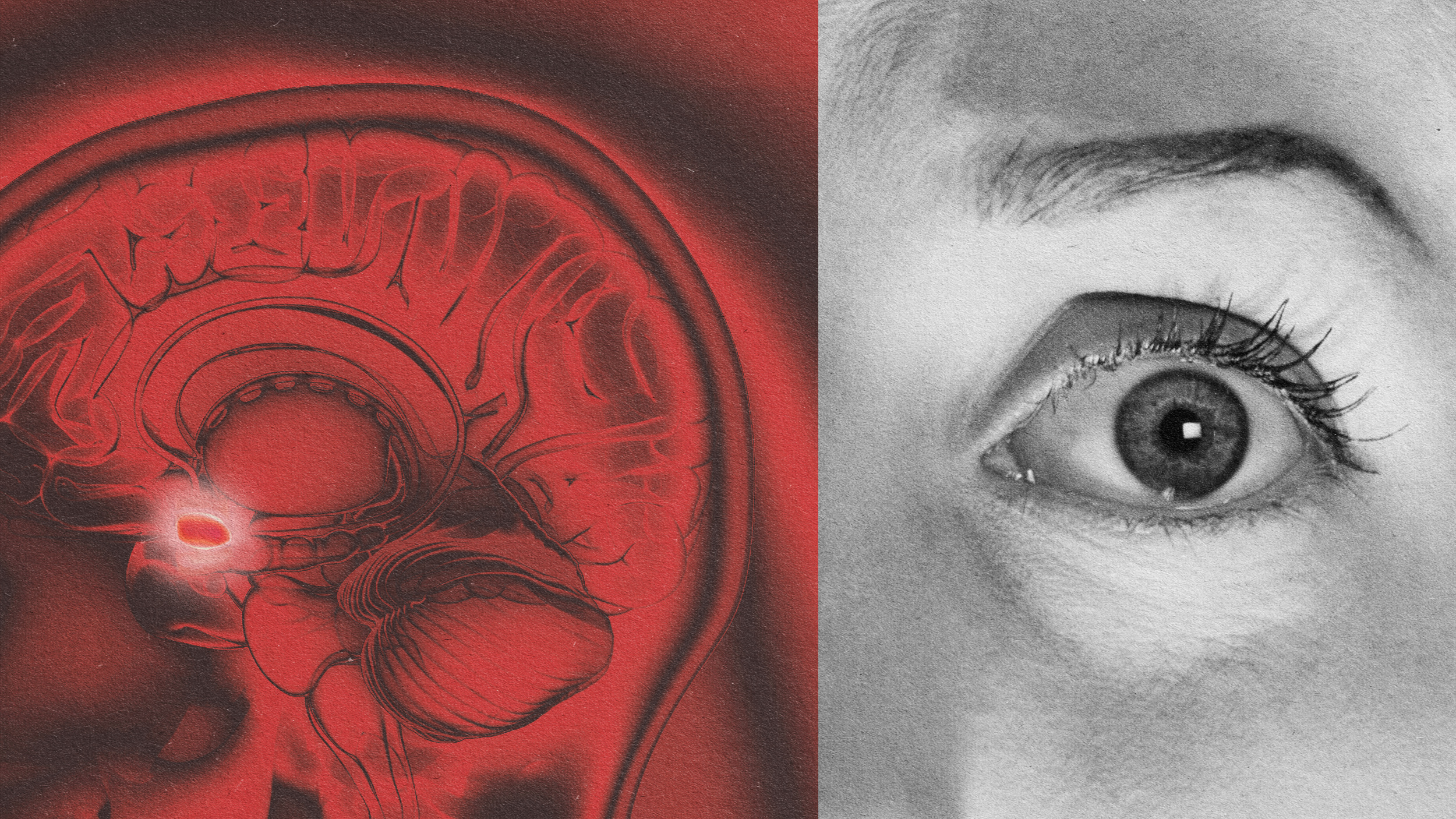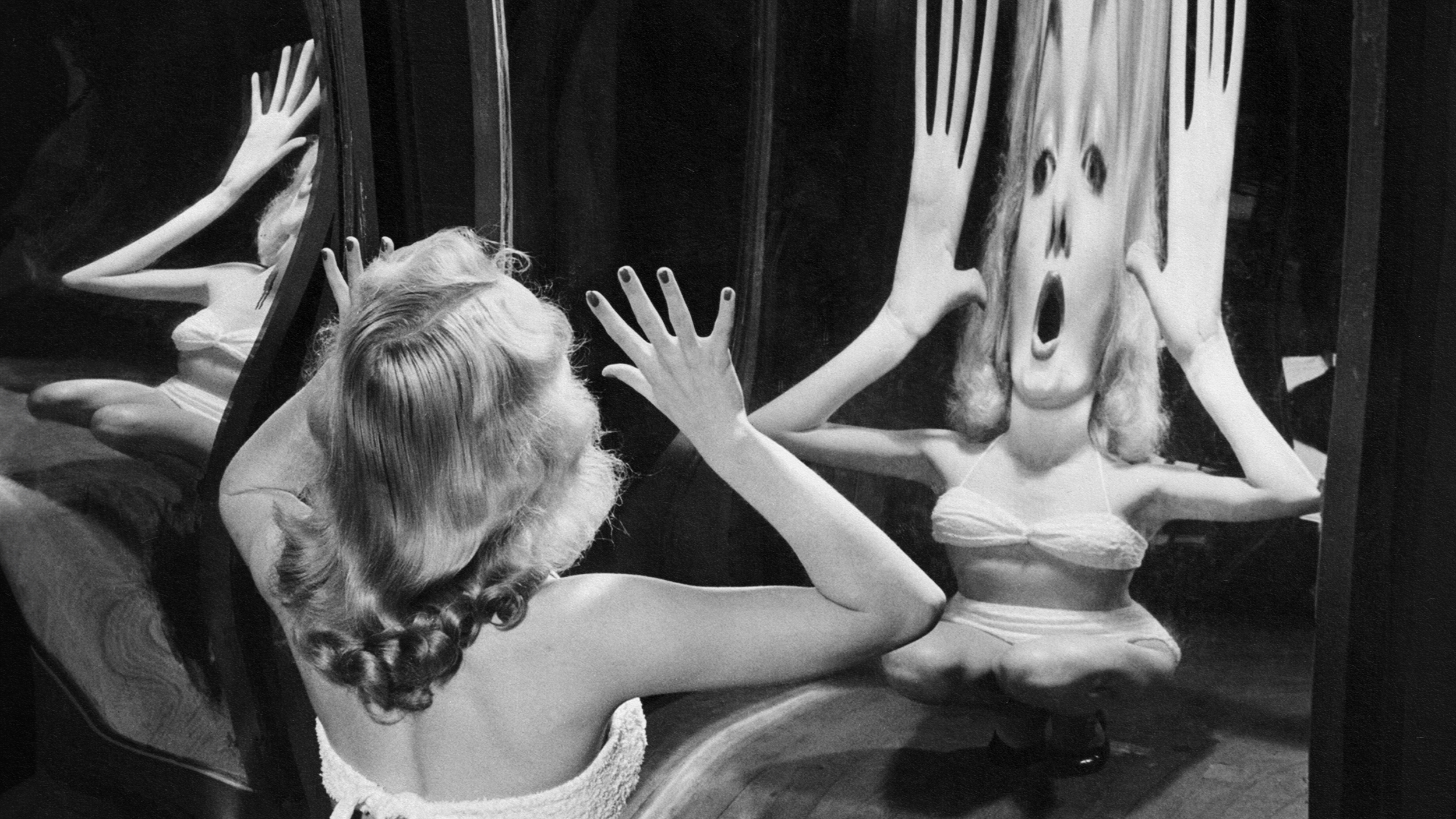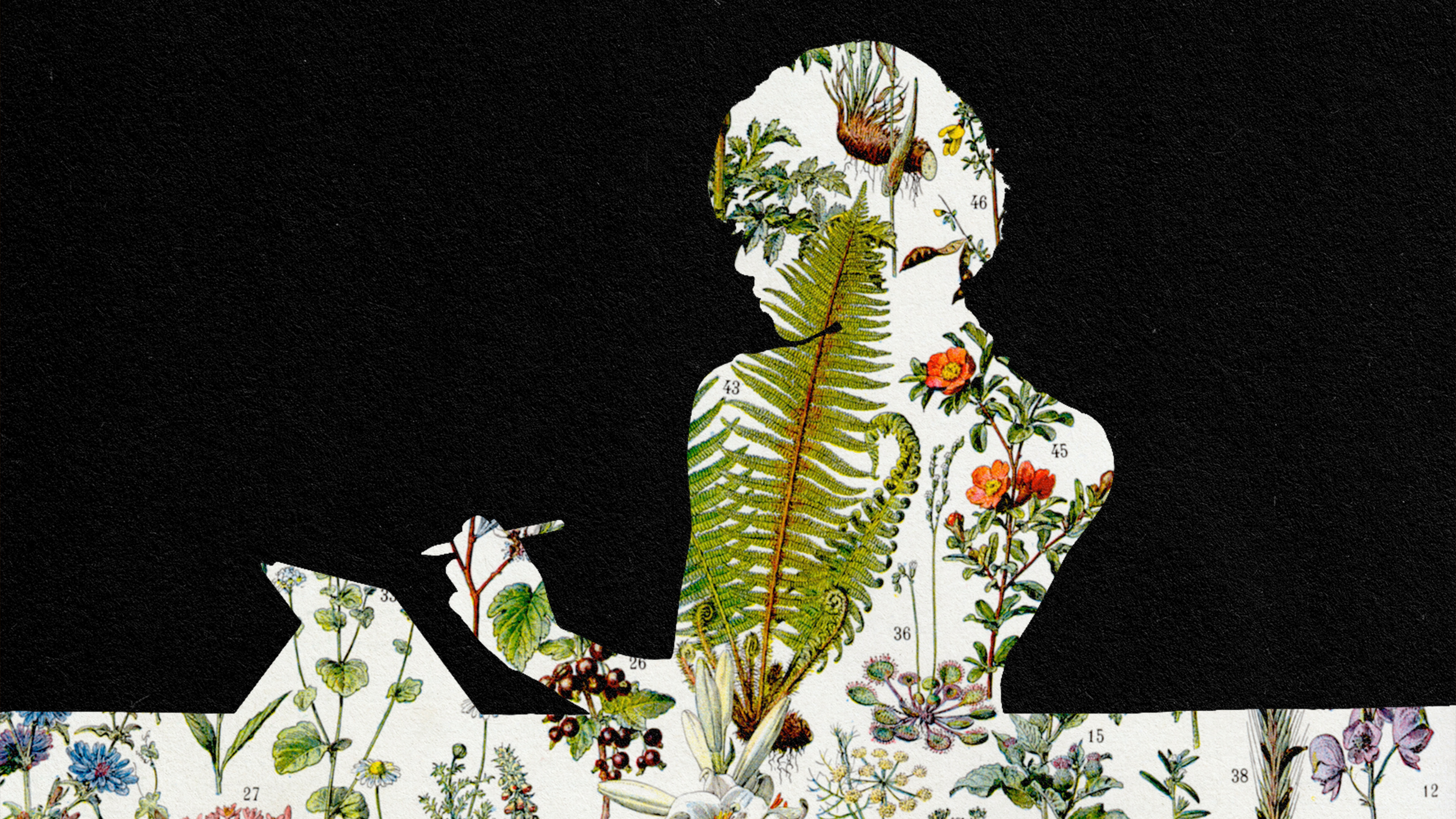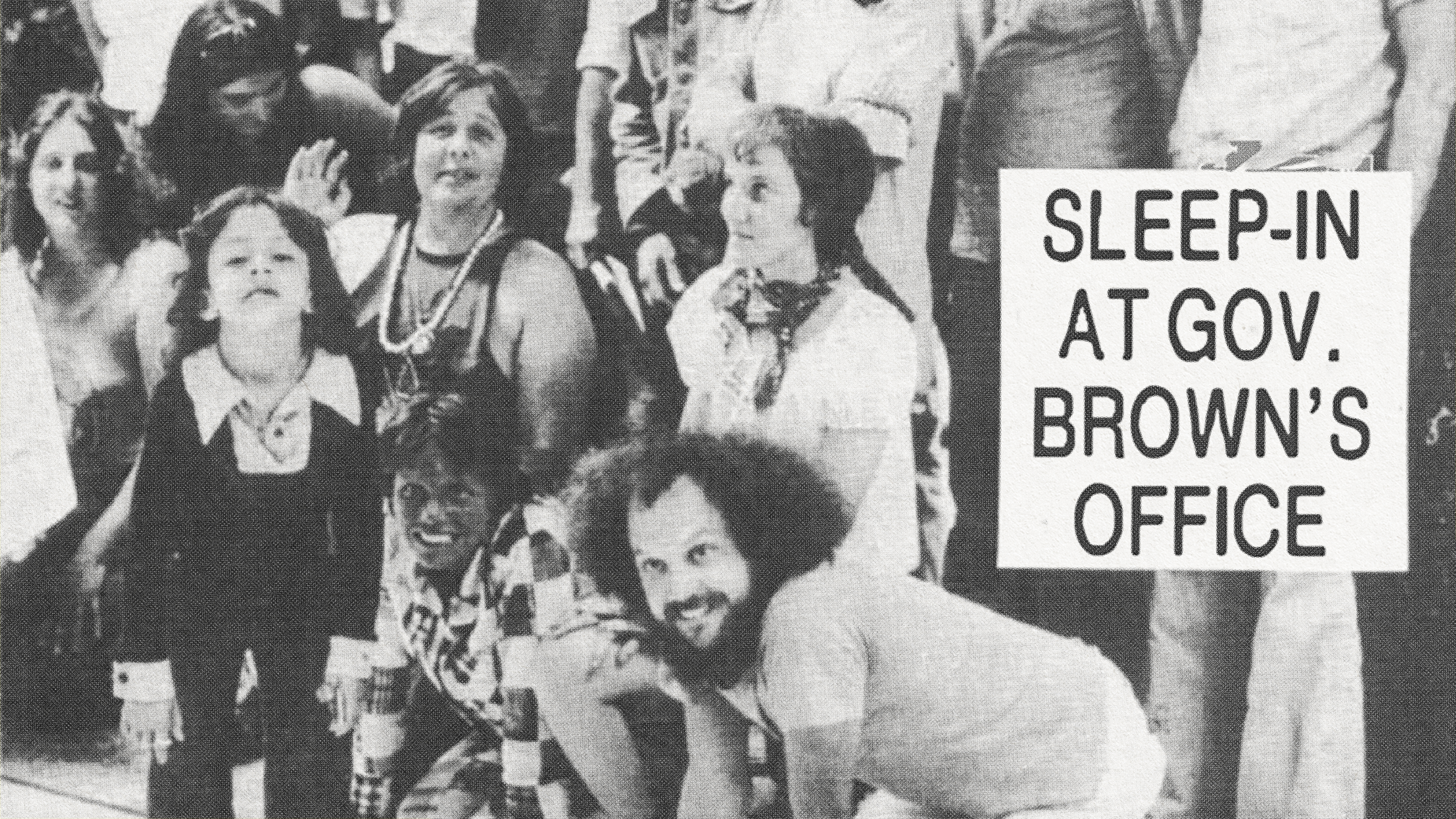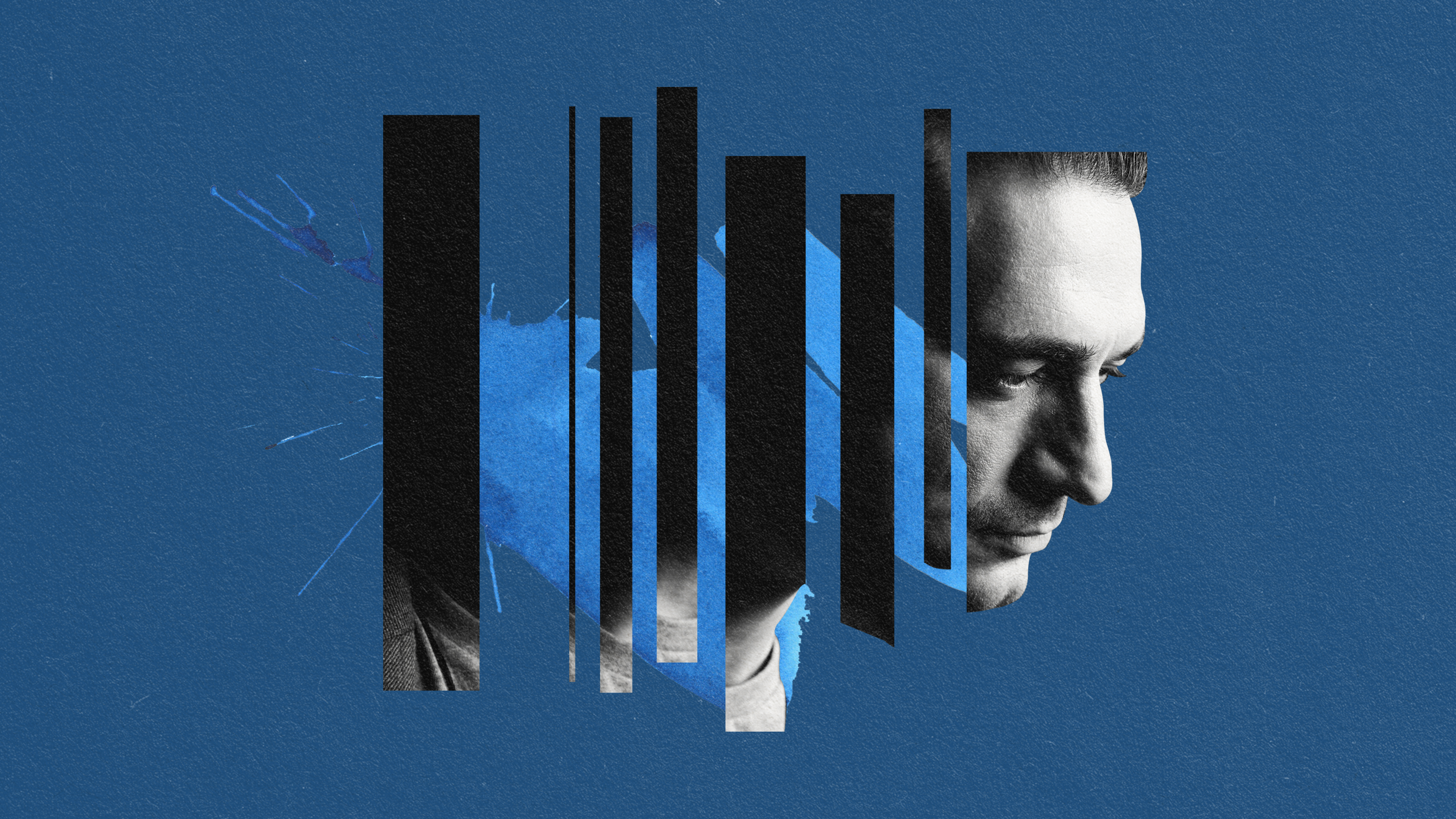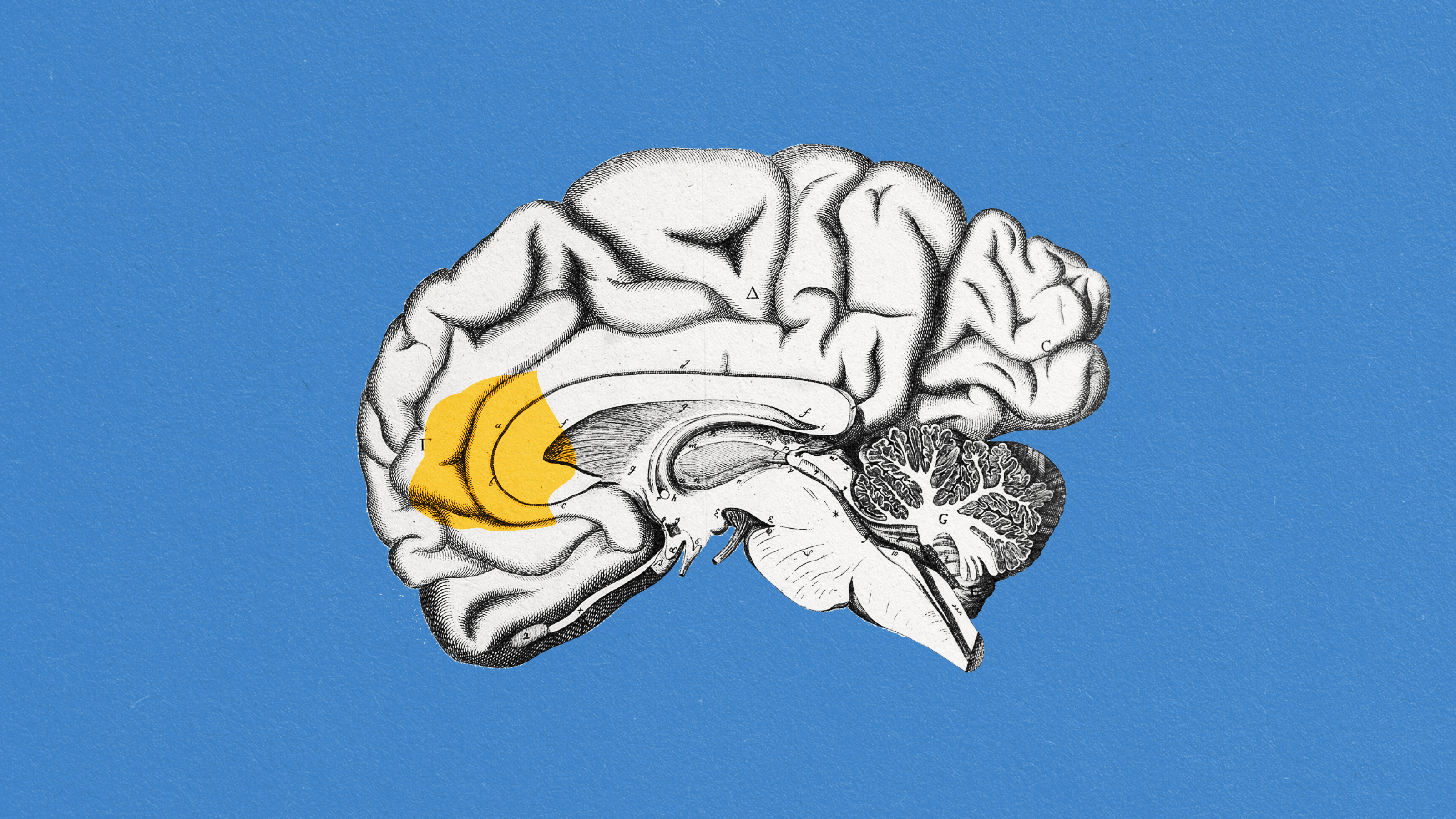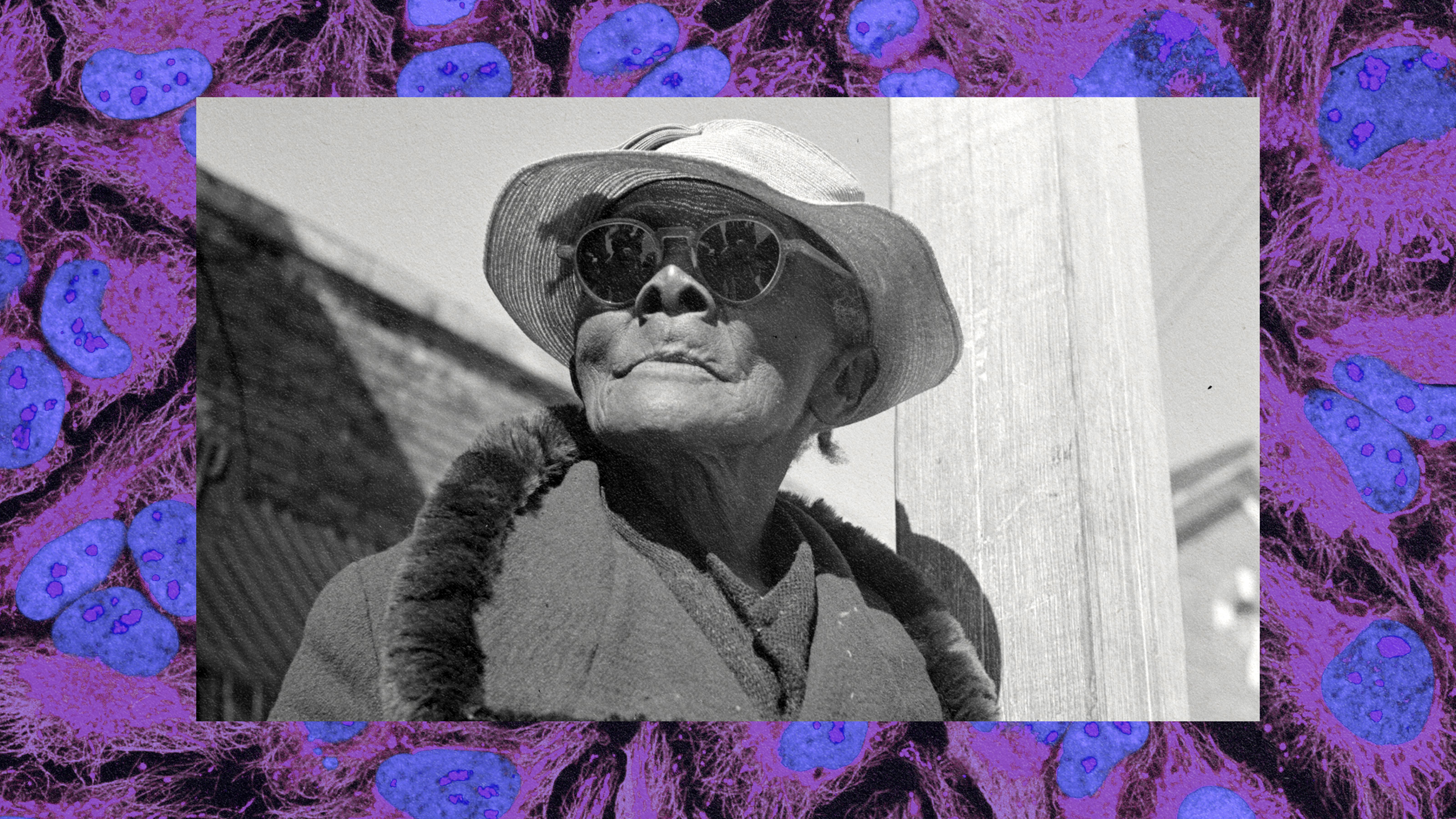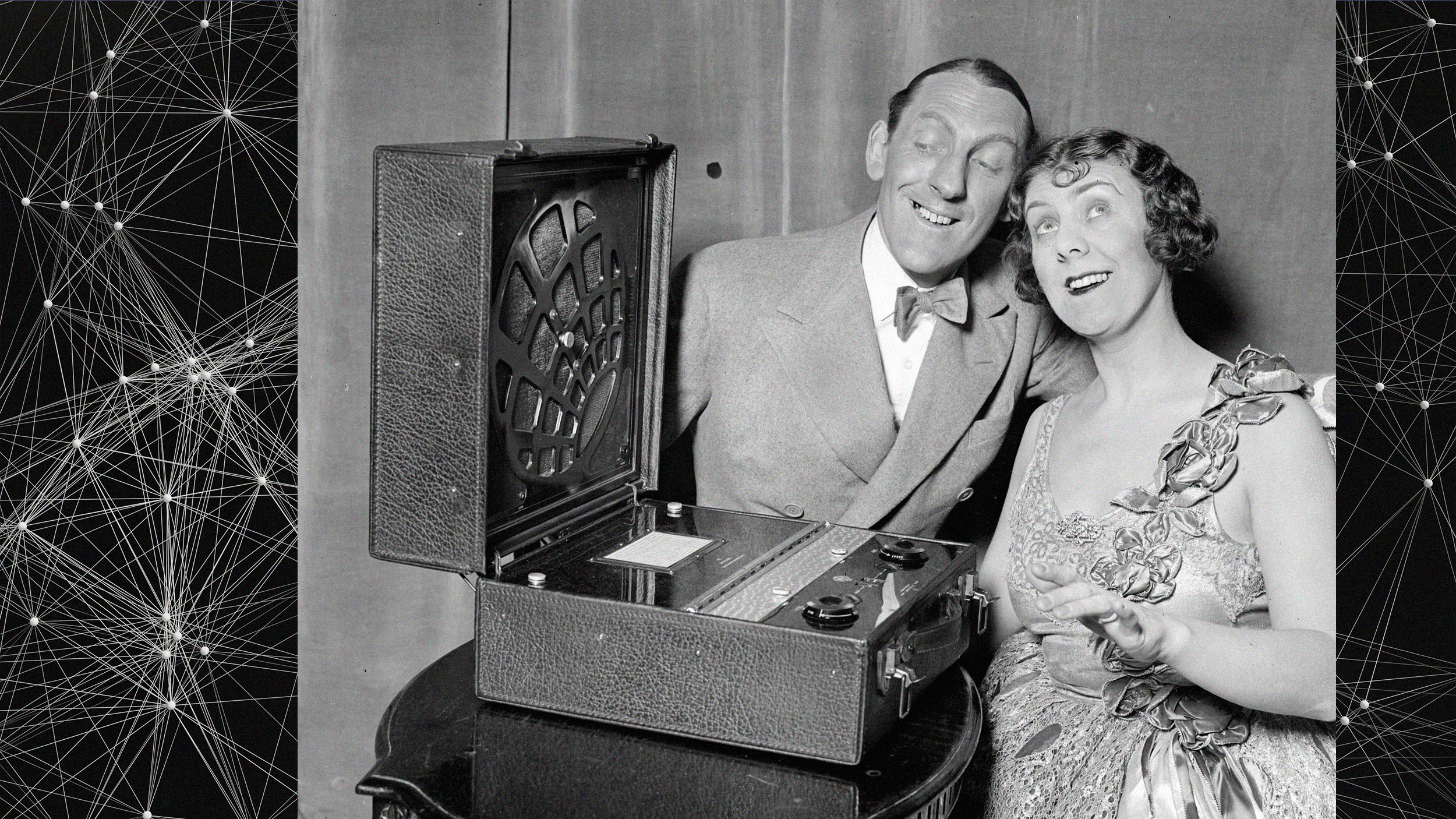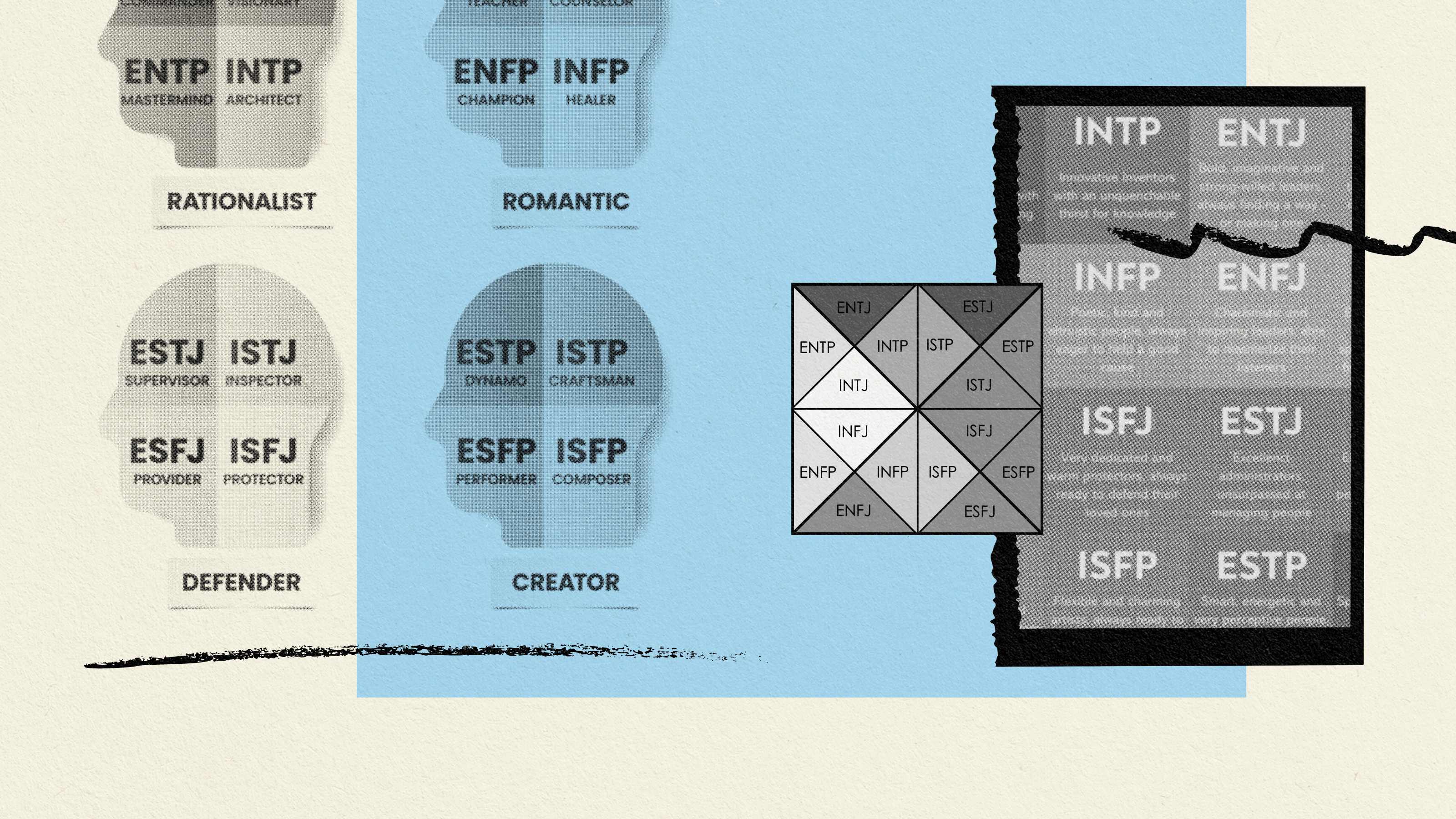Neuropsych
All Stories
Recent high-profile instances of fraud in psychology have led some to wonder if there's anything useful about the field at all.
Could a theory from the science of perception help crack the mysteries of psychosis?
For people with hard-to-treat depression, a non-invasive technique called transcranial magnetic stimulation (TMS) can provide relief.
"When Harry Met Sally" lied to you.
The amygdala can hijack your brain's response if it recognizes past trauma in a current situation. To regain control, simply press pause.
We are prone to false memories. One reason is that we are biased toward remembering tidy endings for events, even if they didn't exist.
There are hints that it could lead to new treatments for Parkinson’s, Alzheimer’s, and other brain disorders.
In a psychedelic state, the relationship between your “narrative” and “minimal” selves seems to transform in unique ways.
Musical preferences are correlated with personality traits — and these connections are largely consistent across cultures and continents.
Jung thought these autonomous entities live in your unconscious mind — often at a cost.
Language influences how you visually process the world, which in turn influences your memory of it.
There’s really only one mistake you can make: continue doing the same thing you already know is hurting you and expect a different result.
Medical psychologist Catherine Monk explains how prenatal mental care benefits both mothers and babies.
A few key moments are linked to significant shifts in thoughts, feelings, and behaviors.
Listening to some songs can cause a powerful physiological response known as "frisson." What is it, and why does it happen?
Studies on "growth mindset" interventions fail to show significant benefits.
Anger and silence are the two worst reactions.
Are fools happy and geniuses disorganized — or is that a mistaken stereotype?
A brief look at the six-decade challenge to psychiatry.
It could explain why so many people don’t respond to common antidepressants.
Grief never ends. There is no closure, but there are things we can do to mitigate the feeling of loss.
The structure is fully developed in humans, partially developed in chimps, and completely absent in Old World monkeys.
Now that the DSM lists severe hoarding as a disorder apart from OCD, psychologists are asking what explains its prevalence.
Decades of Alzheimer's research might have missed a cellular culprit hiding in plain sight.
Your heart rate reveals your brain activity, which in turn can predict hit songs — and maybe stock performance, as well.
Uncovering the ideology of "Karens" and "Kens."
Psychopathic tendencies may be present to some extent in all of us. New research is reframing this often sensationalized and maligned set of traits and finding some positive twists.
If you’ve looked for a job recently, you may have encountered the personality test. You may also have wondered if it was backed by scientific research.
Why does the DMT experience feel so familiar to some people — even those who are trying the psychedelic for the first time?
